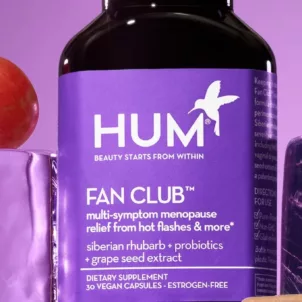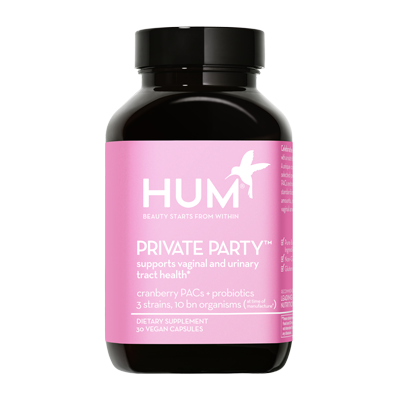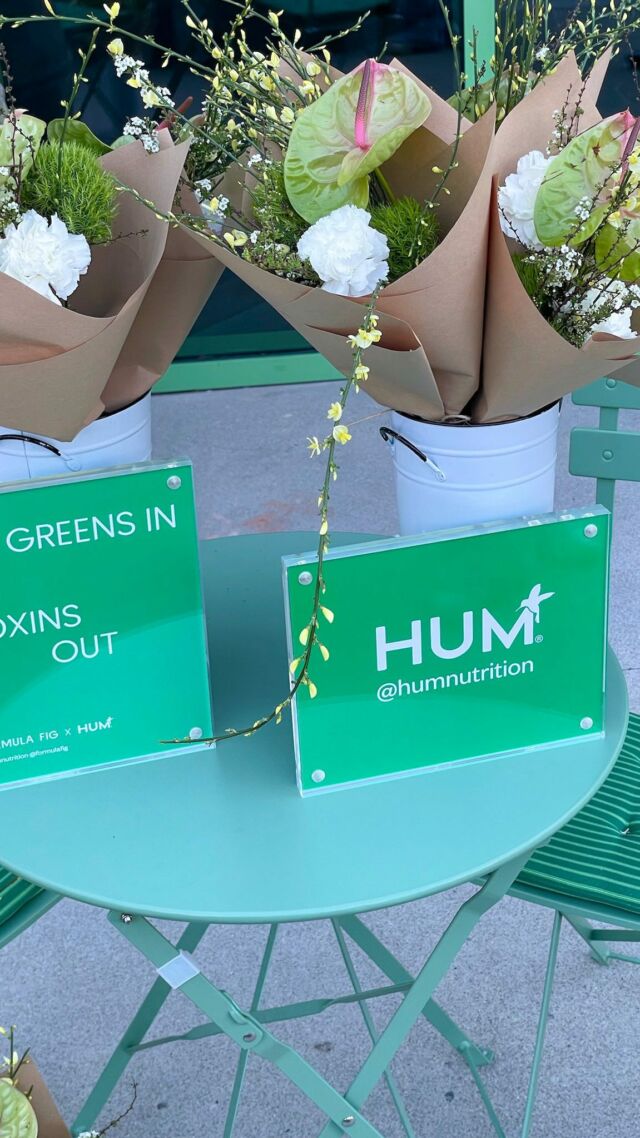Wondering what’s causing your vaginal itching? There are several reasons why you may need to scratch down there. Below, OB-GYNs break down all of the reasons your vagina is itching.
So, your vagina itches. Maybe it was so bad, you had to scratch when shopping for produce at the grocery store, or have developed stealth tactics for scratching in public. If you’re left wondering “Why is my vagina itchy?” you are definitely not alone.
“Vaginal itching and irritation is very common,” says San Diego-based board-certified OB-GYN Kelly Culwell, MD. The itch can originate internally, as well as externally on the vulva, she says.
Itching is actually a sign of irritation, adds Sarah Yamaguchi, MD, a board-certified OB-GYN with DTLA Gynecology in Los Angeles. “Mild pain is perceived by the brain as itching, so when the skin is irritated in that area, you will have itching,” she says.
What is clear, though, is that even though it might not be an alarming symptom, an itch in or around your vagina is annoying at the very least—but it can also be a sign that something more is going on, such as an infection or even an STD.
Here’s what you need to know about the causes, fixes, and how to support vaginal health to decrease the chance of asking “why is my vagina itchy?” ever again.
What Causes Vaginal Itching?
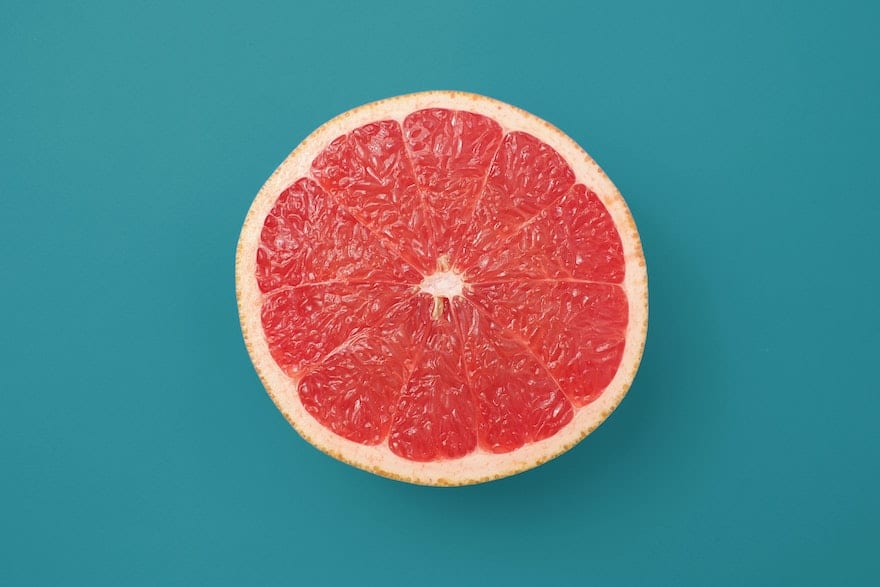
There are so many different vaginal itching causes—from the benign to the “better get that checked out.” Find out what’s irritating you below:
Damp Drawers
Your groin area has many sweat glands. Whether you’re outside on a hot day or you’re sitting in sweaty leggings after spin, the dampness can trigger irritation in the area, says Dr. Culwell. Same for hanging out in a wet bathing suit or wearing pads or period undies for too long, all of which aren’t very breathable.
The Wrong Undies
Similarly, sporting undies with less vulva-friendly fabric can trigger scratching, too. Lace or synthetic materials are notorious for irritating the vulvar skin, Dr. Culwell says.
Your Soap
“Vulva-area skin is just like any other skin, if you have contact with soaps or lotions that are irritating, you can develop itching,” says Dr. Culwell. This is called contact irritation. It’s not just soap in the shower to have on your radar, but laundry soap, too. Scented pads or panty liners also fall into this category.
Hair Removal
Shaving, waxing, or laser hair removal can all cause the irritation that shows up as itching, says Dr. Yamaguchi. You’ll likely feel this on the area outside and the labia majora (the outer lips).
Vaginal Infections
Yeast infections and bacterial vaginosis can also give you a case of the scratches. This may feel as if the inside and labia minora (inner lips) are itchy, Dr. Yamaguchi says.
An overgrowth of Candida yeast causes a yeast infection; symptoms include vaginal itching, pain while peeing, abnormal vaginal discharge, and pain during intercourse.
Bacterial vaginosis (BV), on the other hand, is an imbalance of the “good” and “bad” bacteria, where there are more harmful bacteria present, leading to abnormal vaginal discharge, burning while peeing, and itching and irritation. Vaginal odor is also common with BV.
If the symptoms of the two conditions sound similar—you’re right. Unless you’ve had one of these before, it can be tough to tell if you have a yeast infection or BV. If you fall into this camp, you’ll want to see your doctor, who can help you distinguish between the two, as both are treated differently.
Herpes
Genital herpes is a common sexually transmitted disease that often causes no symptoms, though you may see sores, red bumps, or white blisters, or experience pain or itching. These symptoms can be treated with proper medication, which is why it’s important to talk to your doctor if you think you might have herpes.
Menopause
Menopause doesn’t directly cause vaginal itching, but one symptom related to a decrease in estrogen that occurs during this time is vaginal dryness. “That can cause some discomfort that some women describe as mild itching,” Dr. Yamaguchi says.
Cancer
First, know that this is rare, and you probably don’t have cancer. That said, vulvar cancer and precancer can cause itching that does not go away on an area of skin or bump or lump that is thicker, lighter/darker, or red/pink. Abnormal bleeding or discharge are other symptoms. Again, this is a rare type of cancer that makes up just 0.7 percent of total cancers in women.
Still, knowing that this is possible is important. It’s another reason to get to the doctor, especially if the itching doesn’t go away or all your efforts to relieve the itch aren’t working.
How to Stop Vaginal Itching
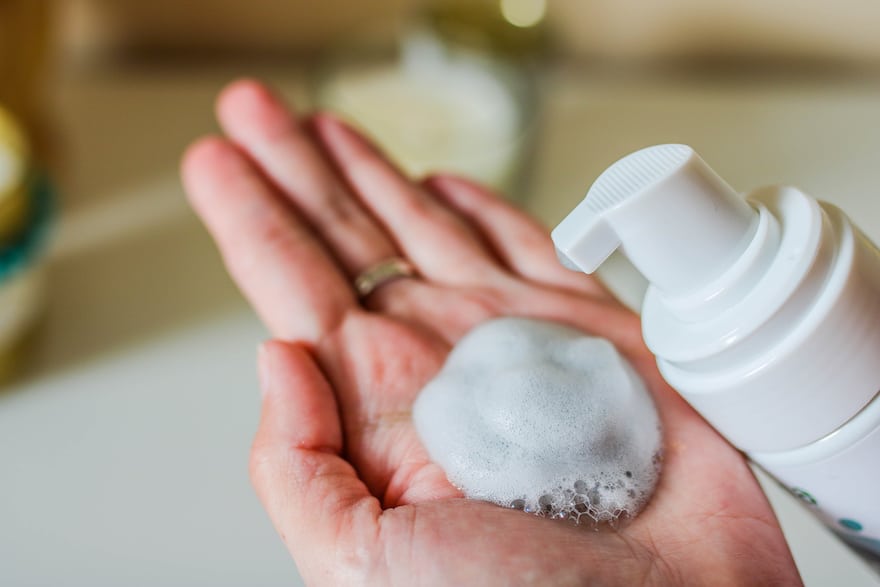
Sometimes, vaginal itch will go away on its own, and that’s totally fine. But if the itching is persistent, lasts more than a day, or is so severe that you can’t control the urge to scratch or you’re injuring yourself with your nails doing so, make an appointment with your gynecologist, says Dr. Culwell.
Other signs that something more might be going on is if the itching is accompanied by a change in vaginal discharge (in amount, color, or consistency) or odor, or if rashes or bumps are appearing, she says.
Addressing the underlying cause—either by changing up certain lifestyle habits that may be contributing to the itch or treating an infection—will help nip vaginal itch in the bud.
If you have had yeast infections in the past and are confident that that’s what you’re dealing with again now, then Dr. Culwell says that you can go ahead and try an over-the-counter yeast infection treatment. “However, we do know that many women misdiagnose themselves with yeast infections that are actually bacterial vaginosis or a contact irritation,” she explains. For any questions about why your vagina is itchy, talk to your doctor.
For temporary relief when itching gets bad, Dr. Yamaguchi says you can apply an over-the-counter topical anti-itch cream like Vagisil, but that’s only a temporary fix until you can get to the doc. “There is no way to tell from just the symptoms what the cause of itching is and even after we do an exam, we don’t always get it right,” says Dr. Yamaguchi.
You can also take these steps to prevent a pesky itching vagina from popping up in the first place:
- Shower up: If you went from the gym to brunch and now your vagina is itching, then hopping in the shower should take care of the uncomfy sensation, Dr. Culwell says. If needed, you may benefit from gently patting the vulva dry or even using a hairdryer on a cool setting.
- Change your clothes: Wetness in and of itself can be irritating to the vagina, but wearing sweaty workout gear over a period of time—say heading to brunch or to chill at a friend’s house—or keeping on a wet swimsuit provides a warm, dark, damp environment that yeast thrive in, says Dr. Culwell.
- Ease up on your hygiene routine: “Keep it simple and don’t use a lot of soaps or lotions in the area,” says Dr. Yamaguchi. Honestly, “washing with water is all you need,” says Dr. Culwell. If you must use soap, go for a mild, unscented soap and make sure you’re washing the outside only. And remember: never douche.
- Go unscented: Just like you should choose mild, unscented soap, go for unscented panty liners and tampons if you use them. Remember to change them when they start to get damp.
- Switch undies: Go ahead and wear sexy lace undies, but make sure that the gusset of whatever pair you’re choosing is cotton, which will be gentle on your skin, advises Dr. Culwell. If you think your itching is mostly caused by sweat, you can also look for sweat-wicking underwear. They’ll dry faster than cotton, but are usually made of synthetic material, so it may take some experimentation to determine what works best for you. In addition, Dr. Yamaguchi recommends staying away from thongs, which can make it more likely that bacteria from behind make their way toward your vagina.
- Travel with soap: When going on vacation, it can be tempting to rely on the soap at the hotel, but if you know that your vulvar skin is especially sensitive or reactive to a change in soap, BYO soap to suds up with your regular bar or wash.
- Consider a vaginal probiotic: If you know you have issues with bacterial balance, ask your doctor if a probiotic supplement may be right for you. One option is HUM Nutrition’s Private Party, a probiotic and cranberry supplement that generally promotes a healthy vaginal microbiome and supports urinary tract health.
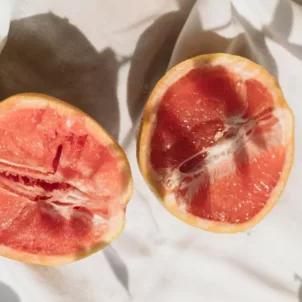
What A Gyno *Really* Thinks About Those Vaginal Health Hacks on TikTok
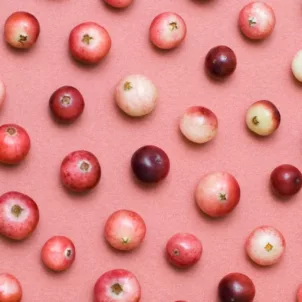
Cranberry PACs Are Like Magic for Your Urinary Tract, According to An RD

12 Myths We Busted About Sex That Even We Were Surprised to Find Out
